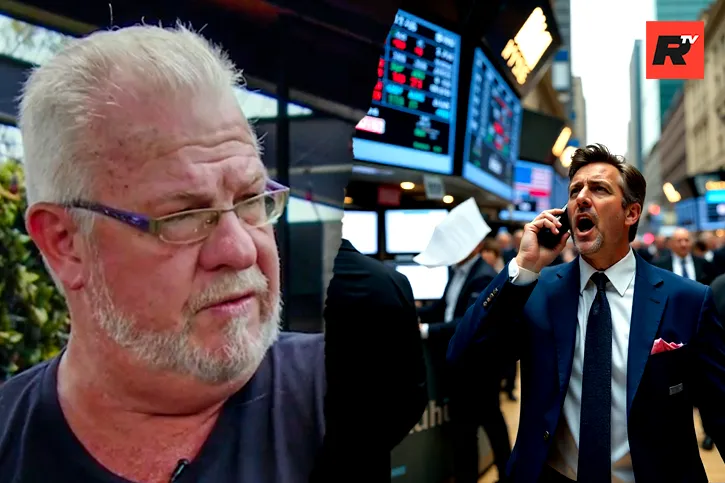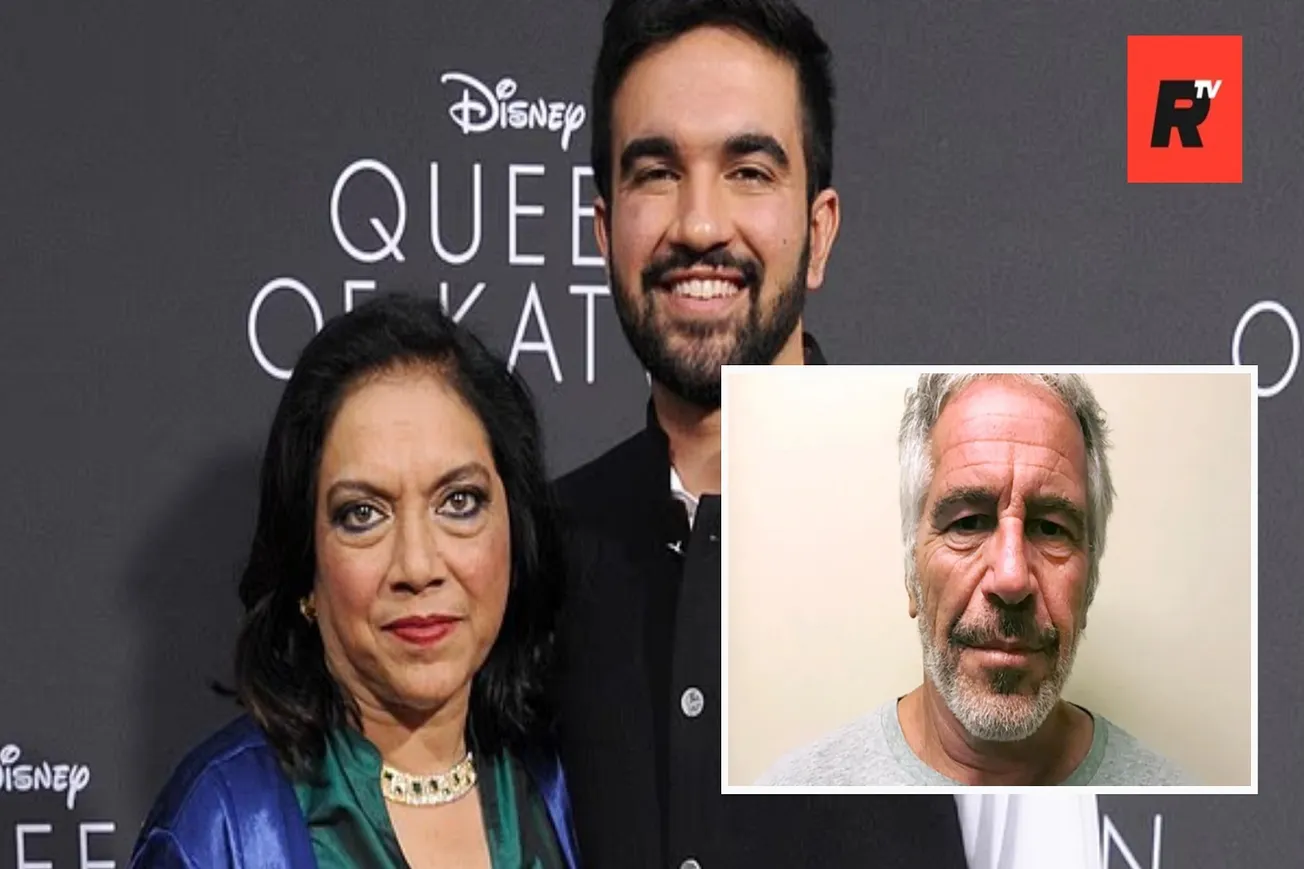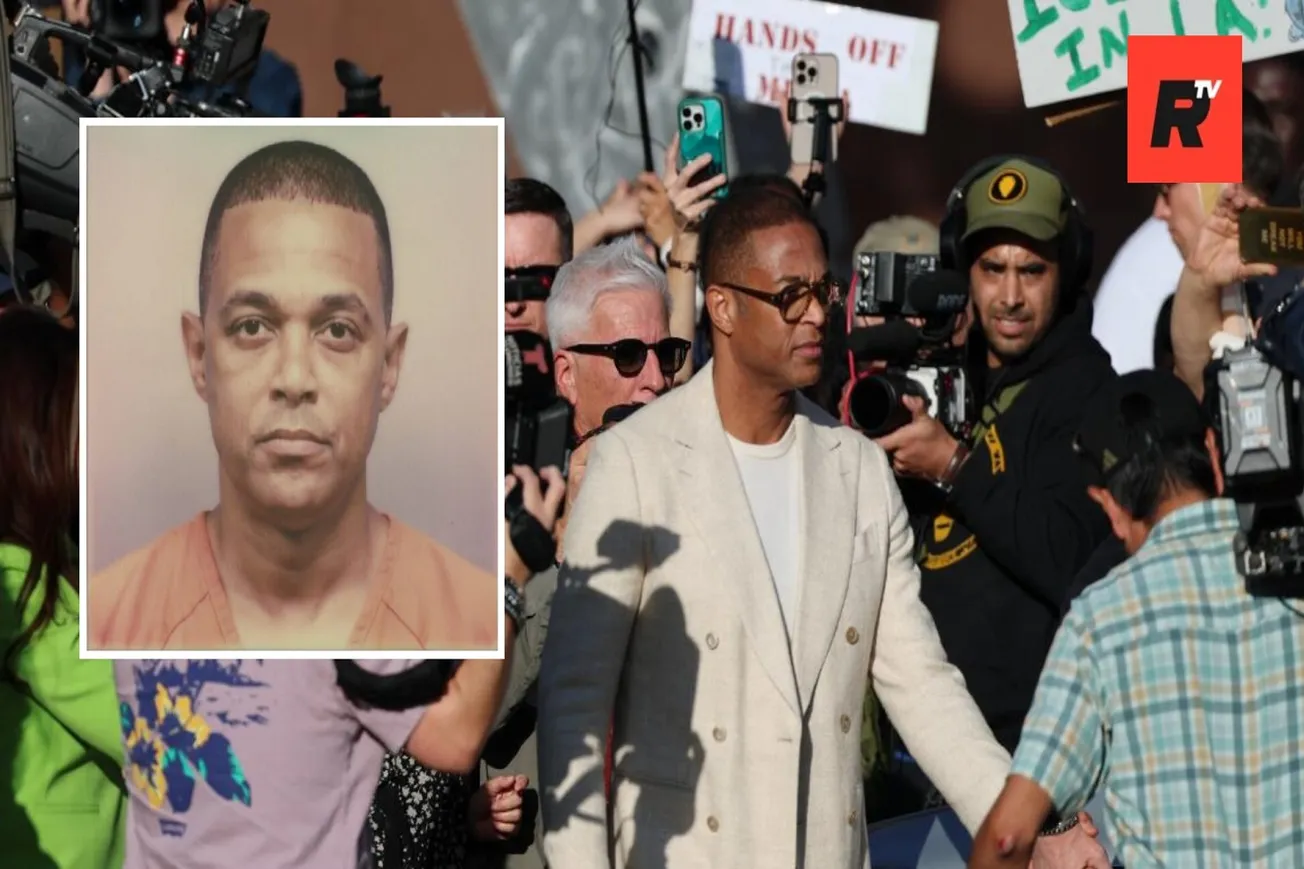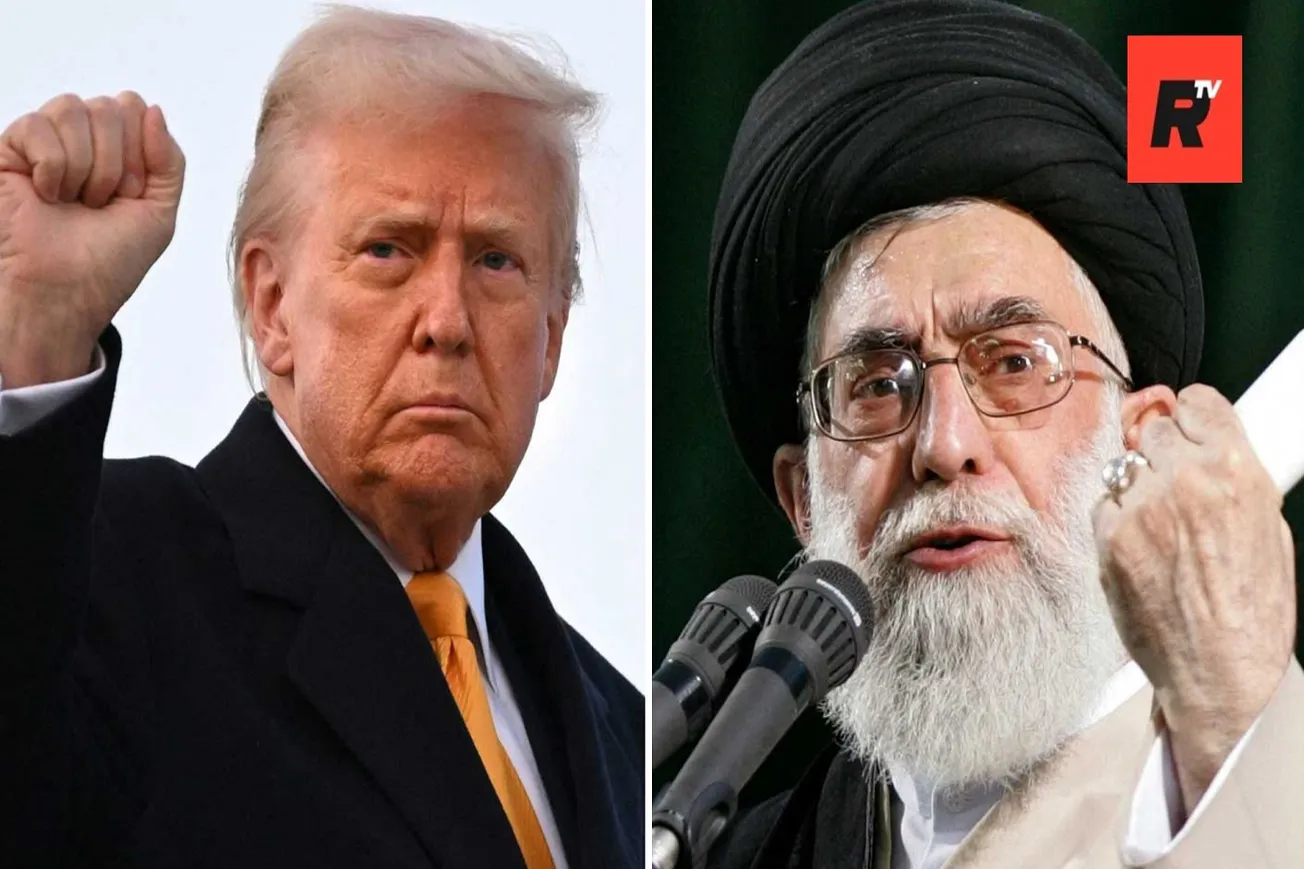Table of Contents
In a remote corner of El Salvador, where the Pacific breeze meets the audacity of a nation reborn, Rift TV sat down with Dr. Jack Kruse, a former neurosurgeon turned financial revolutionary, in an exclusive interview that lays bare the fragility of the U.S. dollar and the looming specter of economic collapse.
From his adopted home in a country that dared to embrace Bitcoin as legal tender, Kruse delivers a stark warning: the American financial system is a house of cards, propped up by debt and delusion, and only decentralized currency offers a lifeline to true freedom.
The U.S. dollar, once the unchallenged titan of global finance, is teetering on the edge. With a national debt soaring past $35 trillion and annual interest payments exceeding $1 trillion – more than the entire defense budget – the dollar’s purchasing power is eroding at an alarming rate.
Inflation, officially pegged at 3-4% annually but felt far higher at grocery stores and gas pumps, has slashed the dollar’s value by over 20% since 2020.

Kruse, a board-certified neurosurgeon who once weighed 357 pounds and faced a personal health crisis, rejected the medical establishment’s dogma and founded the Kruse Longevity Center in El Salvador.
Now, he’s a self-described "freedom maximalist," advocating for Bitcoin as a shield against a system he believes is engineered to enslave.
His battle against centralized control—first in medicine, now in finance—has made him a polarizing figure, revered by Bitcoin enthusiasts and reviled by establishment gatekeepers.
Kruse’s message is as blunt as it is urgent.
"Fix the money, fix the world. Well, guess what? When the money’s not fixed, you can control the world,” he declared outside his El Salvador mansion. "That’s effectively what’s gotta happen. I mean, you haven’t flipped the thought experiment of Bitcoin around, and you need to. That’s the reason why I told you last time, you need to be all in on this, because freedom is a loyal title."
Kruse argues that Bitcoin, a decentralized currency immune to government manipulation, is the only path to financial sovereignty for individuals trapped in oppressive systems—whether in Australia, the UK, Venezuela, or the United States.
El Salvador, under President Nayib Bukele, became the first nation to adopt Bitcoin as legal tender in 2021, a move Kruse sees as a masterstroke.
"You’re in the country right now, where the President, before he changed things for Salvadorans, what’s the first thing he did? He gave them Bitcoin," Kruse said. "Think about that for a minute – before he put the exception regime in, he gave them freedom and money back. Why? Because he knew that his people were tethered to our shitcoin in the United States, which is USD and the US Treasury market.
"Well, if that goes boom and blows up, what do you think happens to his people? They have no money overnight.”
Bukele’s experiment, now four and a half years old, has yielded a $660 million surplus for a nation with a GDP of just $28 billion—a testament, Kruse insists, to Bitcoin’s power as an "insurance policy" against dollar collapse.
The interview turned to solutions, with Kruse emphasizing the need to break free from systems that anchor individuals to centralized control.
"When you realize you have anchors in your life, and they’re not going to allow your freedom... you have to subtract the superfluous in order to become freedom maximalist," he said, drawing a parallel to this reporter's struggles against media censorship. "That’s true in your family. It’s true with your job. It’s true with your bosses. I mean, you’re a living, walking example of this—media is trying to shut you up. You’ve got to subtract out the people who are anchors in your industry."

For Kruse, Bitcoin is the ultimate tool for this subtraction, a currency that "you can’t mess with," offering a way to opt out of a technocratic digital world.
President Donald Trump has echoed this sentiment, urging Americans to embrace Bitcoin as a hedge against economic instability.
Since his re-election, Trump has championed cryptocurrencies, a stark reversal from his first term when he called Bitcoin a "scam."
In a landmark move, he signed an executive order in March 2025 to establish a Strategic Bitcoin Reserve, incorporating Bitcoin and other digital assets like Ethereum, XRP, Solana, and Cardano into a national stockpile.
Trump’s own venture, World Liberty Financial, launched a stablecoin called USD1, aiming to bolster the dollar’s global dominance through blockchain technology.

At a Bitcoin conference in July 2024, he vowed to make the U.S. the "crypto capital of the planet," a promise that sent Bitcoin soaring past $89,000.
Yet Kruse remains skeptical of top-down fixes, warning that even Trump’s efforts may not dismantle the entrenched powers behind the Federal Reserve.
"People actually believe that if Trump fires [Jerome Powell], it’s going to improve the situation,” Kruse explained, noting that the families that own the Federal Reserve select the appointments.
Kruse’s vision is not about wealth for its own sake but about survival.
He pointed to the everyday Salvadoran, saving small amounts in Bitcoin, as a model for resilience.
"Right now, there’s people who work for me in El Salvador that have point 1.2 Bitcoin. They’ve been saving $5 a day for four years," he explained. "Guess what? They started doing that when it was $16,000—today it’s $120,000. So guess what? They didn’t have key money in the beginning."
As the sun set over El Salvador, Kruse’s words lingered like a warning shot. Freedom is always a generation from extinction, and an economic collapse could spell doom for us all.
The U.S. dollar, once a symbol of unassailable strength, is now a ticking time bomb, burdened by debt and eroded by inflation.
Bitcoin, as Kruse and President Trump advocate, offers a decentralized lifeline—a way to protect you and your family from what could be on the horizon. The choice is clear: cling to a failing system or embrace the currency of freedom. The clock is ticking, and the stakes couldn’t be higher.
WATCH:
Tune in to Rift TV for more unfiltered truth, and take heed—your financial freedom may depend on it.





